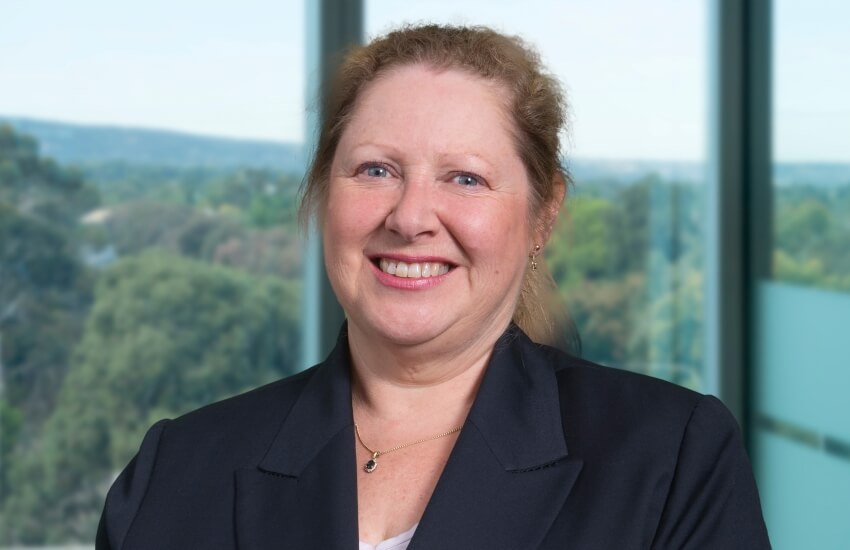Auditor provides tips for avoiding valuation headaches
With property valuations continuing to be one of the biggest SMSF audit issues this year, a prominent auditor has provided clarity on some of the requirements for auditors.
Speaking at a recent conference, BDO superannuation partner Shirley Schaefer said there had been significant increases in values during the 2021 year for lots of properties, and while there may be some areas and regions that weren’t impacted, this is quite rare.
“[Where that is the case], you need to have documentation to confirm that,” said Ms Schaefer.
Ms Schaefer reminded SMSF professionals that the ATO had changed its guidance around property valuations, outlining that kerbside appraisals from the agent or an email from the agent stating what its worth will not be enough information.
The valuation must include comparative sales data, she said, and if the appraisal is from a real estate agent, they should have that information at their fingertips; it’s just a matter of them including it in their reports.
“It doesn’t have to be based on independent valuations. Trustees are able to do valuations of assets; it’s not a requirement to have an independent valuation except in some limited circumstances,” Ms Schaefer clarified.
“The auditor wants to know what that valuation is based on. The great catchcry from the ATO is that it’s got to be based on objective and supportable data, so simply having a valuation minute that says this property is worth $500,000 isn’t going to cut it from an audit point of view.”
Ms Schaefer said auditors want to know what the trustee has based that valuation on.
“If they’ve done their own research, then attach that to the valuation. I have my own SMSF, it’s got a property in it, and when I do my valuation minute, I attach the research that I’ve done from realestate.com.au and various sources to show what I’ve been looking at to come up with the value,” she explained.
She warned that in situations where the valuation cannot be substantiated in any way, there would be a qualification of the audit report.
“It’s going to be a qualification of both part A and part B. Part A of the audit report is around the financial statement audit, so there will be, hopefully, just an ‘except for opinion’, so basically the auditing saying that they cannot verify the value of the asset. Part B is obviously SIS compliance, and that’s about not complying with regulation 8.02B of SIS, which says all assets must be at market value,” she said.
“Again, it’s not the auditor saying that it’s not market value; it’s the auditor saying that they don’t know if it’s market value, as not enough evidence has been provided, so the catchcry for the auditor is sufficient, appropriate audit evidence. In most cases, if you’ve got a contravention around this, you’ll also get an auditor contravention report because in all likelihood, it’s going to be a material contravention or more than $30,000.”
She also stressed the importance of trustees explaining their thought process.
“Auditors aren’t mind readers; we do need to see things. If you’re using an older valuation, for example, then the auditor will want to know that that’s still current.
“We are not necessarily familiar with all regions in Australia and locations, but if you can get an email from the agent that confirms that the values haven’t moved much in the past 12 months and that it is still relevant, then the auditor is very likely to accept that because it’s coming from somebody who’s skilled in that area.”
Other documentation for properties, she said, can be a current lease agreement or rental appraisals.
“Also current land title searches, obviously auditors can do that themselves as necessary, but if you’ve already got them, it would be useful to send them through as well,” she stated.

Miranda Brownlee
Miranda Brownlee is the deputy editor of SMSF Adviser, which is the leading source of news, strategy and educational content for professionals working in the SMSF sector.
Since joining the team in 2014, Miranda has been responsible for breaking some of the biggest superannuation stories in Australia, and has reported extensively on technical strategy and legislative updates.
Miranda also has broad business and financial services reporting experience, having written for titles including Investor Daily, ifa and Accountants Daily.








